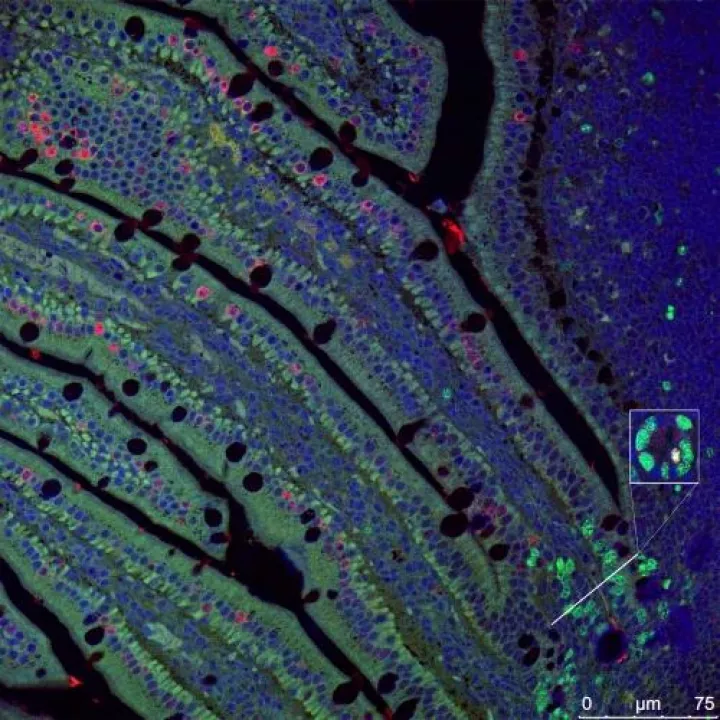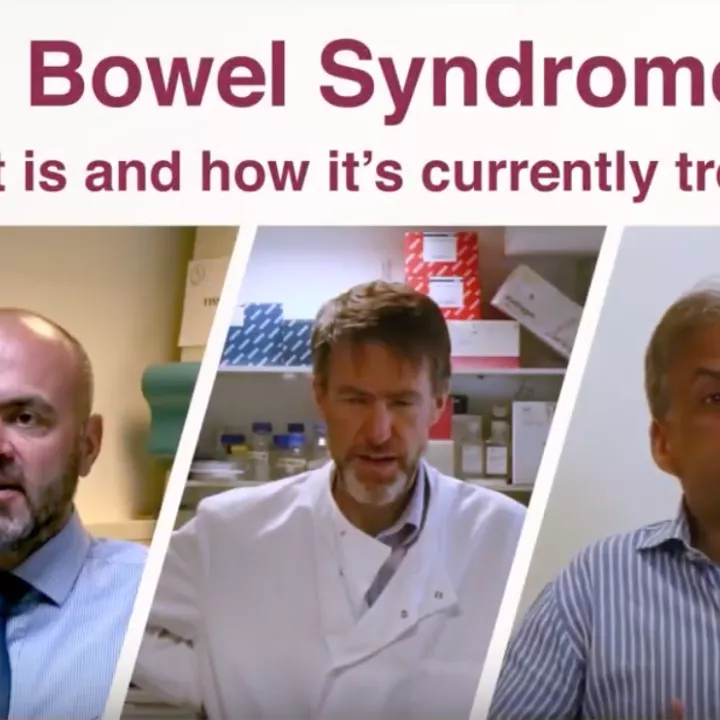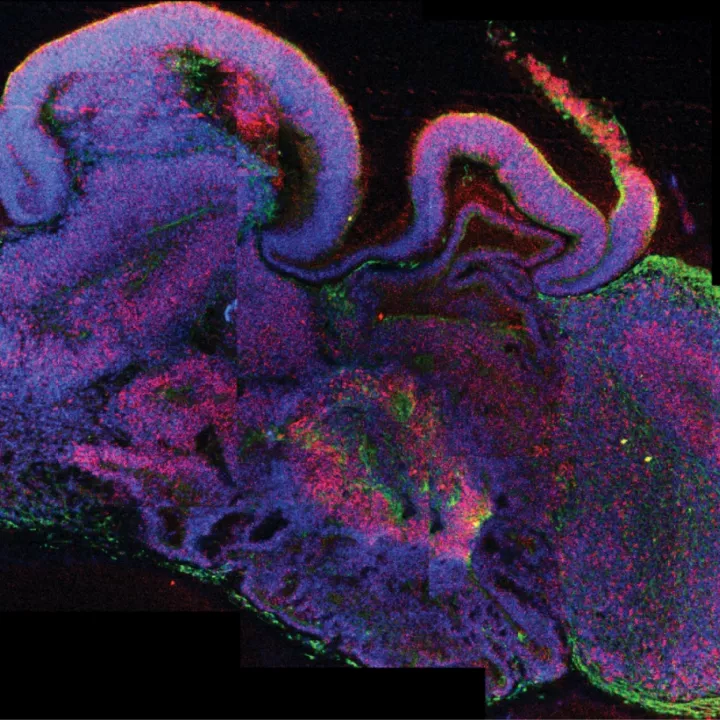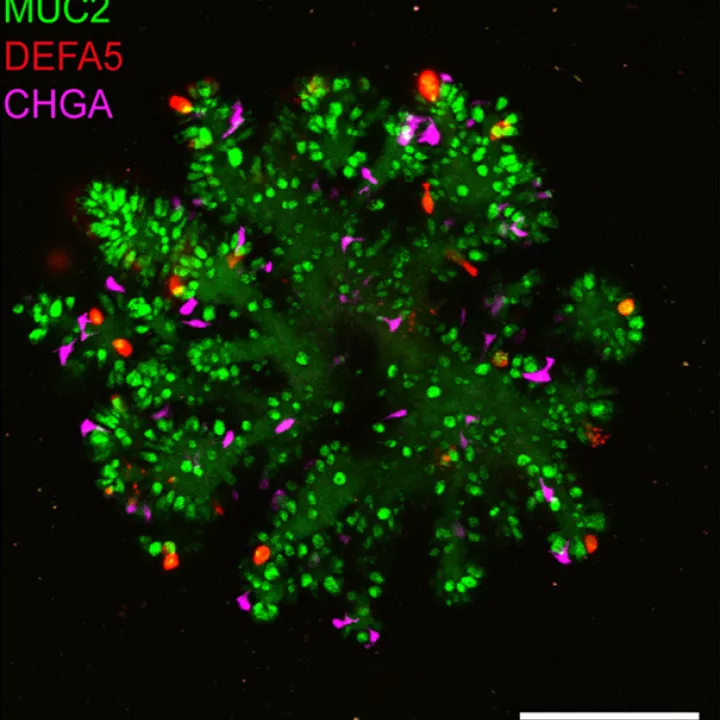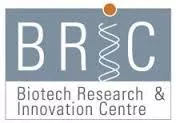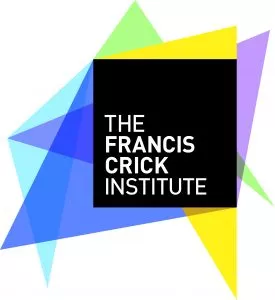INTENS (“INtestinal Tissue ENgineering Solution), a project funded by the EU from 2016-2022, focused on artificially growing segments of the small intestine. The long-term aim was to work towards developing a functional small bowel to treat patients with Short Bowel Syndrome.
Short Bowel Syndrome is a condition which occurs when either a section or the entire small intestine is missing. This may be congenital (present at birth) or due to surgical removal. This can result in issue of malnutrition or dehydration, as the bowel is not long enough to absorb the volume of nutrients and water that the body needs. There is currently no cure for SBS. The current preferred treatments as intravenous feeding (parenteral nutrition) and bowel transplantation.
The overall aim of INTENS was to use tissue engineering techniques to produce a functional bowel reconstruction. This would overcome the shortage of organs for transplant. As this reconstructed bowel tissue would use the patient’s own cells (autologous cells), it would also avoid the long-term immunosuppression required by transplants. The work of the INTENS project was designed to ultimately lead to a clinical trial for this tissue-engineered therapy.
INTENS was a collaborative effort by a consortium of researchers based across Europe. You can read more about the project and the participating organisations here.



